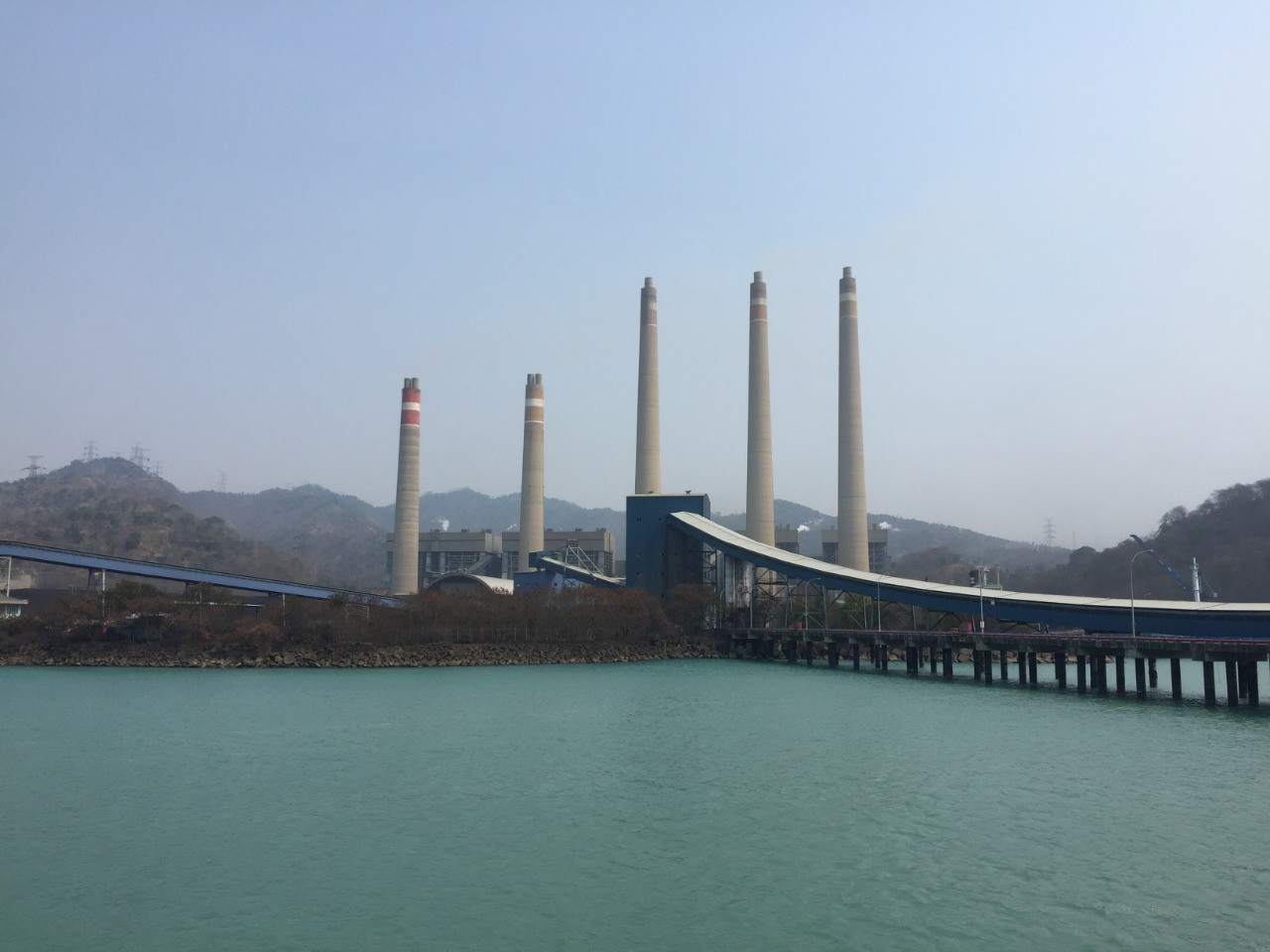NGOs accuse Asian Development Bank of financing Jakarta coal-fired power plants
A group of NGOs released a report noting that Indonesia's state-owned power company might use development funds to expand the Suralaya plant. Pollution from this plant costs already the country a billion dollars a year.
Jakarta (AsiaNews/Agencies) – A group of non-governmental organisations (NGOs) has accused the Asian Development Bank (ADB) of indirectly financing Indonesia's coal-fired power plants, despite its commitment not to support fossil fuel projects.
The claims are found in a report released two days ago by four NGOs, noting that the ADB loaned US$ 600 million to Perusahaan Listrik Negara (PLN), Indonesia's state-owned power company, to undertake a series of projects over the next 10 years.
However, the agreement lacks clauses to prevent PLN from using the money to build new coal-fired plants. In fact, the latter’s plans include a dozen new coal projects.
One of them involves expanding Suralaya, one of the largest coal-fired power plants in Southeast Asia, which is located in Banten, on the island of Java.
The report describes the effects that a previous plant expansion had on local residents: It “displaced families, reduced fish stocks . . . and sickened their children.”
According to a study released in 2023 by the Europe-based Centre for Research on Energy and Clean Air, pollution from the Suralaya power plant costs Indonesia US$ 1 billion every year in preventable deaths, work absences, and higher medical expenditures.
The report goes on to say that the ADB loan went into PLN's general bank account, not into a separate account that could be monitored. Thus, the money can be spent without external monitoring.
It is unclear whether any of the funds have been or will be used to finance Suralaya’s expansion; for its part, PLN has not responded to media requests for comment.
“The loan does not violate ADB’s energy policy,” said a spokesperson for the Asian Development Bank, which funds projects in the poorest countries in the Asia-Pacific region.
15/10/2020 16:40







.png)










